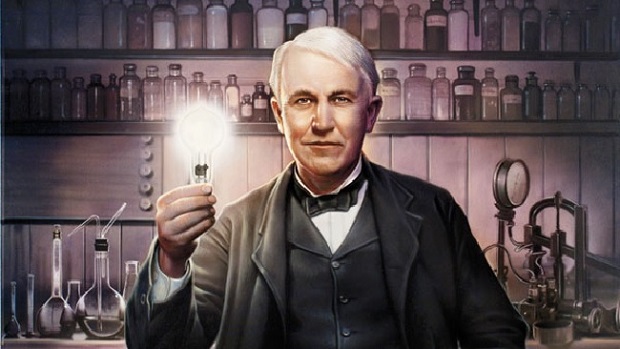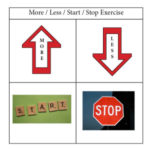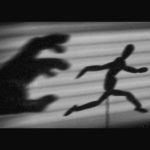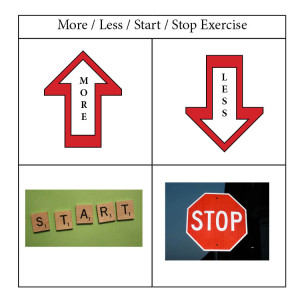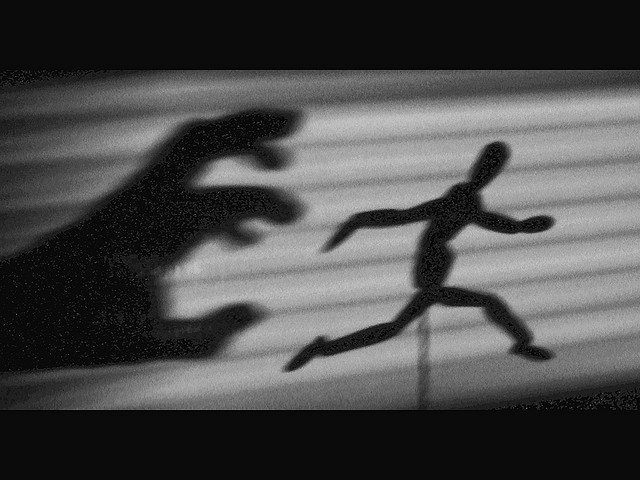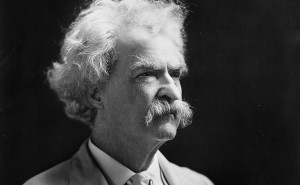“No amount of guilt can change the past, and no amount of worry can change the future.”
—Author Unknown
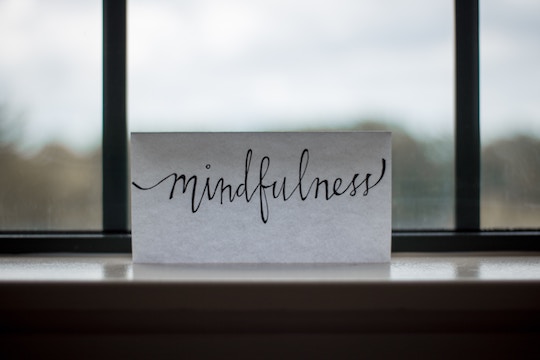
Image from Unspalsh by Lesly Juarez
The practices of guilt and worry are actually habits we form through our lives.
Close your eyes and look back in time at your upbringing under the influence of friends, family, school, religious institutions, the economy and the media, who always thrive on drama.
Take a few minutes to look also around your world as it exists today, and into the future to see what conversations or inner chatter occupies some or much of your thoughts.
Given that this line of thinking often results in frustration, exhaustion, uneasiness, and upset, ask yourself: How does my thinking this way help?
EXERCISE:
Assuming your answer to the question is “It Doesn’t,” what alternative strategies can you try to reduce or eliminate guilt and worry from your life?

